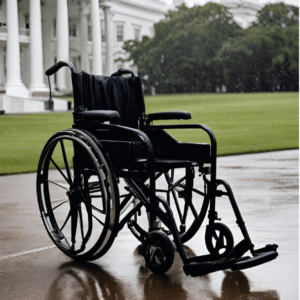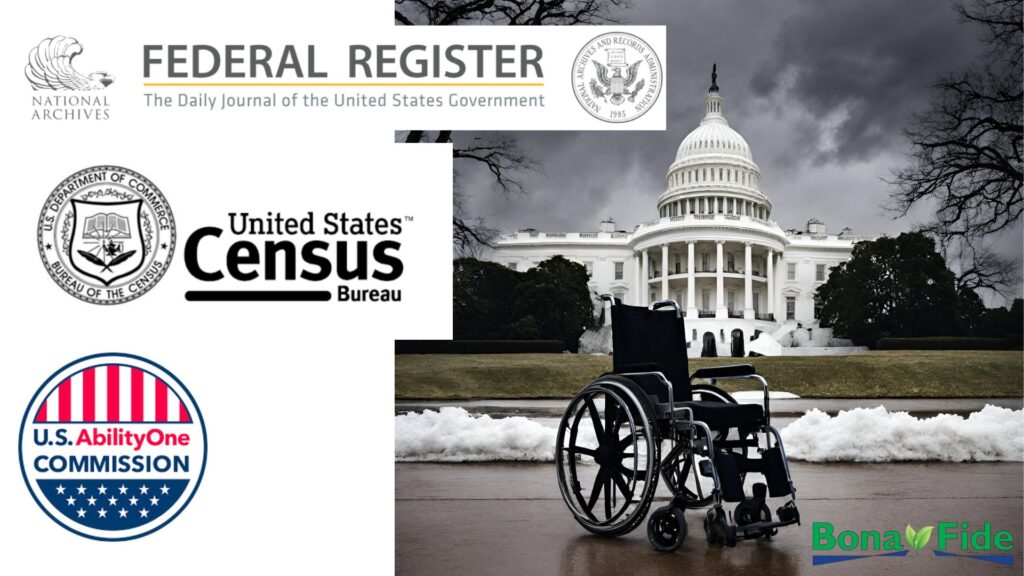Will Proposed Census Change Lead to Even Fewer Disability Jobs?
Could a recent reporting change proposed by the U.S. Census Bureau lead to even fewer available jobs for people with disabilities? Some disability advocates think it could lead to fewer people being recognized and provided the support they need. A recent article from Disability Scoop examined the official notice by the Census Bureau (READ HERE).
The Census Bureau’s Proposed Changes
The proposed changes involve a shift in how disability is quantified. As reported by Disability Scoop (HERE), respondents would now gauge the difficulty of performing certain functions along a broad range. For instance, a person with limited vision might not be considered in need of additional public transit options, even though they’re not allowed to drive.
Critics of this approach suggest that it could lead to a staggering 40% reduction of people that are considered to be working with a disability. The alterations might, therefore, exclude a sizable portion of the community, shading the real picture of disability in America.
Potential Impact on AbilityOne and Employment Opportunities
The AbilityOne program, a lifeline for many with significant disabilities, may be significantly impacted by this change. An underrepresented count may falsely suggest a diminished need for disability employment programs. It could also lead to fewer candidates that could benefit from the program.
Could newly framed data reduce opportunities for individuals that need meaningful employment through AbilityOne? While many of us are often wary of change, it’s not without good reason. People with disabilities often face discrimination in the workplace. Programs like AbilityOne foster a culture of accommodation and flexibility for people that might otherwise be misunderstood and mistreated.
ADA Requirements and Federal Contracting

It’s also important to consider whether a watered down definition of a person’s disability could influence ADA compliance. If a person’s disability is somehow rated ‘less-severe,’ would institutions be less inclined to invest in accommodations for that person, presuming a lesser need?
Will facilities be less likely to budget for aids such as specialized computer equipment for individuals with “marginal” difficulties? This potential risk should be considered when making changes to the way a person’s disability is graded.
The Importance of Inclusive and Accurate Data
Of course, we realize that being inclusive and fair requires accurate data. And we certainly do not want an overly broad definition of disability providing these earmarked jobs to people that don’t really need extra support. But we also want to make sure that no individual requiring assistance is left in the shadows. We must protect the integrity of disability reports, champion inclusivity and resist the urge to marginalize those whose disabilities are considered less severe, yet whose daily life is still a challenge.
Conclusion
Many disability rights advocates have expressed concern over these proposed changes. We certainly encourage the Census Bureau to work closely with them to come to a truly equitable system moving forward. If the concerns raised in the disability rights community are valid, an already underserved portion of the population will continue to be diminished.
For our work in the AbilityOne program, the implications of the proposed changes extend beyond numbers on a page; they impact real lives and the principles of inclusivity. During the rule change process, which can take years, we have an opportunity to advocate for comprehensive representation in our census to secure the future of disability employment programs that many have come to rely on.

